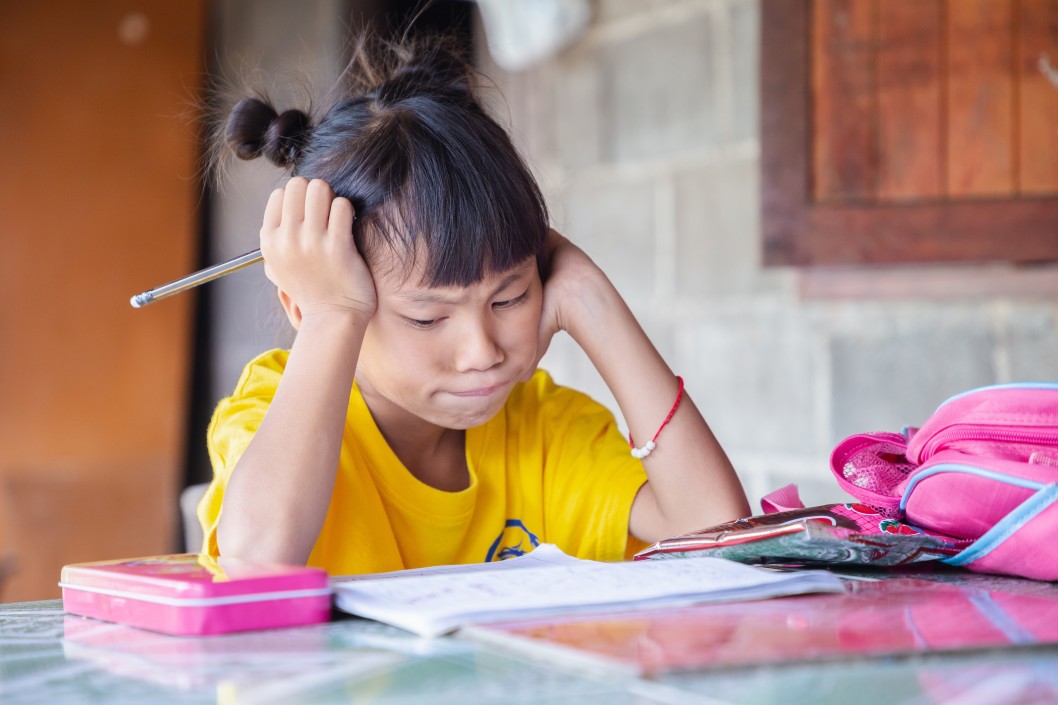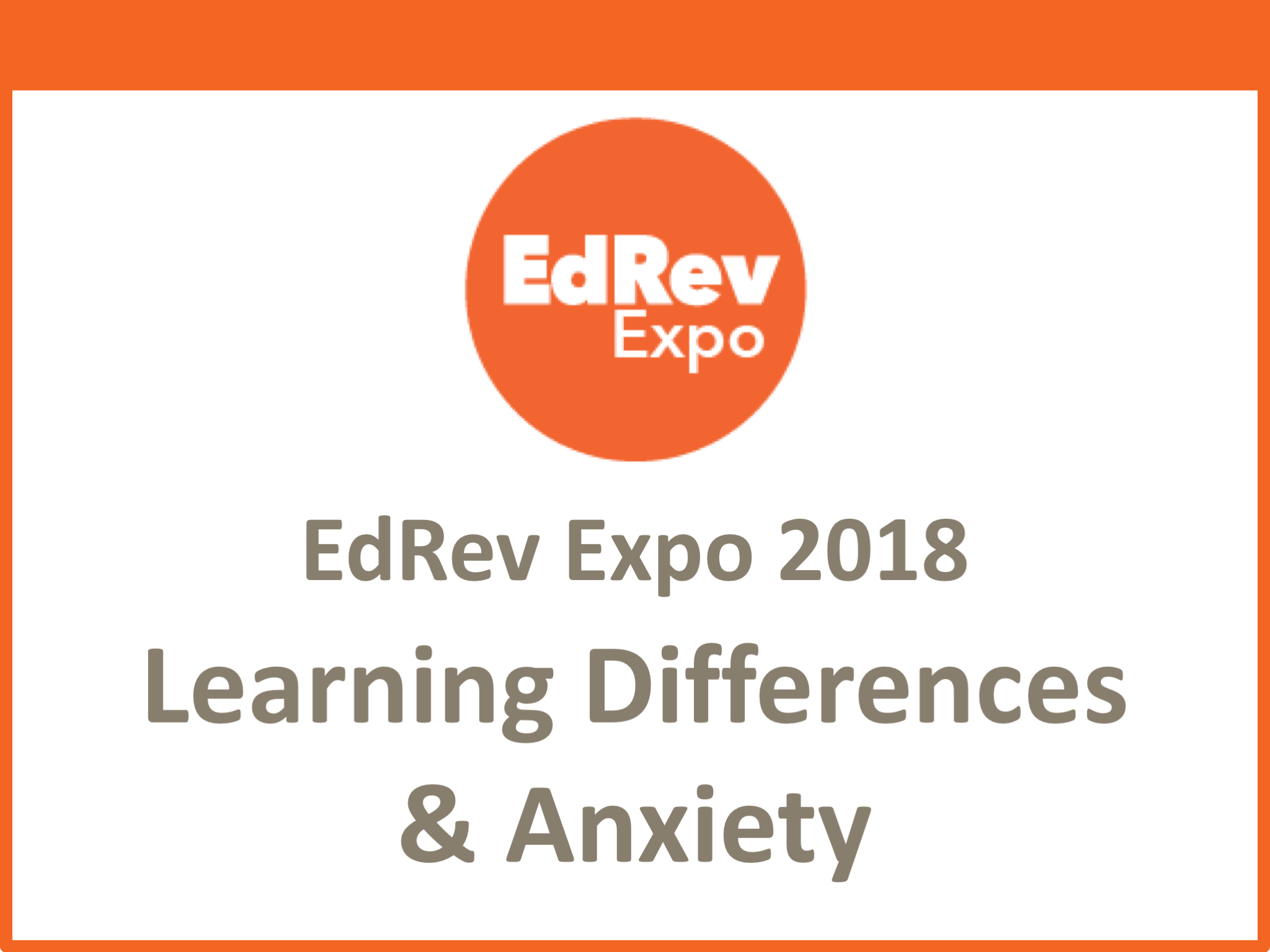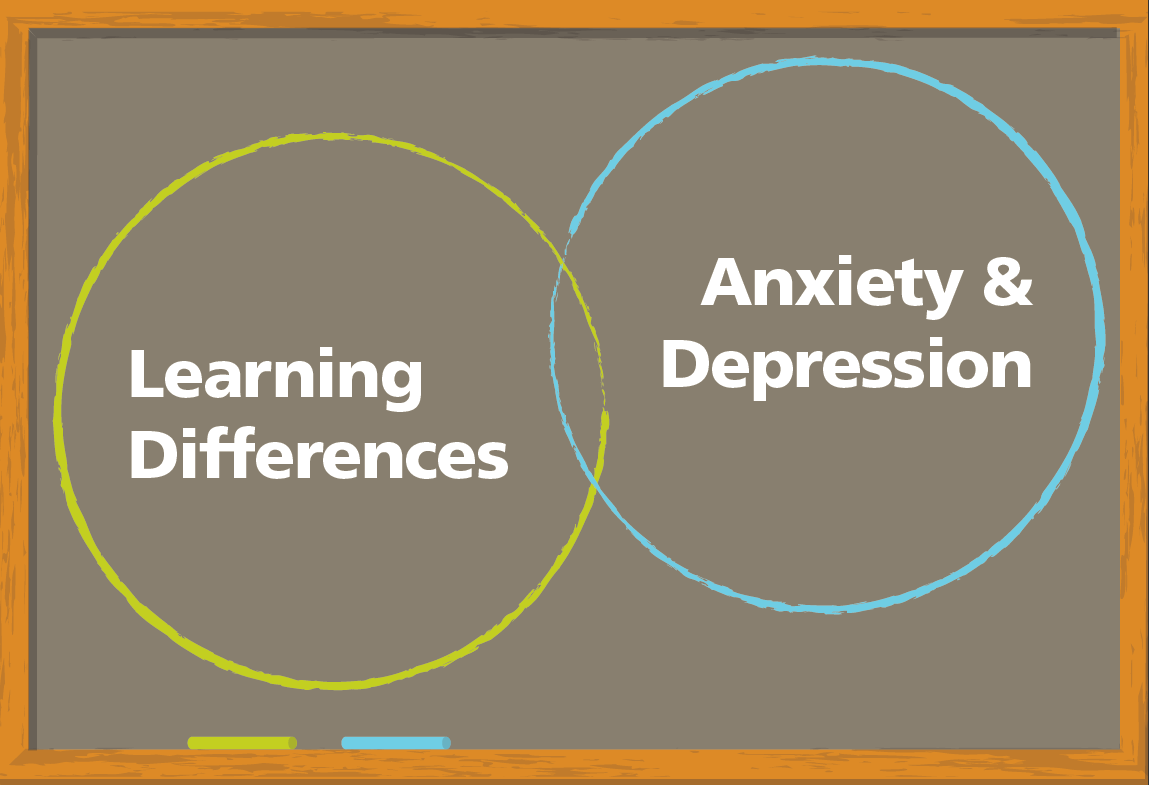 When kids are diagnosed with a learning disability we naturally worry about how it will affect their school performance. What we often don’t think about, but should, is how having a learning disability may affect children emotionally.
When kids are diagnosed with a learning disability we naturally worry about how it will affect their school performance. What we often don’t think about, but should, is how having a learning disability may affect children emotionally.
Not all kids with a learning disability become frustrated, sad, or anxious, but it is pretty common for kids to go through at least some period of emotional struggle. Here are some signs that kids might be struggling emotionally:
- Lowered self-esteem
- Increased anxiety, particularly in academic situations
- Increased sadness or irritability
- Acting out
- Physical symptoms like headaches or stomach aches
- Reduced motivation
Some of the signs, like crying or worrying, can be obvious, while others, like acting out, are more frequently misunderstood. Below are the three most common reasons why kids with a learning disability might feel bad, and what to do about them.
1. Kids think they are “dumb.”
Children often notice if they aren’t learning at the same pace as the other kids, and can assume it is because they just aren’t smart. Unfortunately kids can keep believing they aren’t smart even after they are diagnosed with a learning disability.
- Make sure your child understands what a learning disability is. Hearing explicitly that a learning disability has nothing to do with intelligence can be very meaningful to kids.
- Talk it through. Ideally you, your child, and whoever is working with your child should talk about the learning disability together. Sometimes parents think kids won’t understand, but a learning expert can help you find developmentally appropriate language to use.
- Think about the messages you are sending. Children are very sensitive to their parents’ emotions, and if they sense that you are uncomfortable with their diagnosis, or that you think that having a learning disability is a bad thing, they will probably feel the same way.
2. Kids feel like they stick out in class.
The last thing most kids want is to look different from their friends. So when kids get pulled out of class for tutoring or called on by the teacher for something they’re afraid they can’t deliver, they may feel embarrassed and singled out.
- Ask teachers to be sensitive to how kids are feeling. Dr. Phillips says that she sometimes works with schools to help teachers understand how a particular student’s learning disability is impacting him emotionally. When a child is very anxious about reading, for example, she has advised teachers to wait for him to raise his hand and offer to read instead of calling on him blindly.
- Single kids out for praise, too. Kids who are struggling in school may feel like they are mostly getting negative attention. When teachers make a special effort to give kids positive attention for the things that they are doing right—even little things—it can improve their mood and confidence.
- Find the right academic environment. Sometimes kids feel like they stick out because they need more assistance than they are currently getting. Work with the school and your child’s provider to consider what his needs are and if they are being met. He may need more accommodations, a different kind of tutoring, or even a change of school.
3. Kids are worn out.
Unfortunately, learning disabilities in children often means that kids need to work harder than their peers. This might mean spending more time on homework, going to tutoring, and working with an educational therapist.
- Remember that success breeds success. It is important to set kids up for success—not failure—as much as possible. Teachers, therapists, and parents should consciously set modest, achievable goals that children can work towards meeting.
- Find their talent. This is possibly the most important thing you can do for a child who has a learning disability. Find something that your child feels good about doing, and that gives her a sense of mastery and accomplishment, and give her time to practice it.
Excerpted from “Supporting the Emotional Needs of Kids With Learning Disabilities” from Child Mind Institute. Read the full article for more information and additional strategies to help your child.
Source: Child Mind Institute | Supporting the Emotional Needs of Kids With Learning Disabilities, https://childmind.org/article/supporting-the-emotional-needs-of-kids-with-disabilities | ©2022 Child Mind Institute, Inc.
Do you need someone to talk to? To schedule an evaluation or to get advice about your child’s or teen’s challenges, call or email a CHC Care Coordinator at 650.688.3625 or careteam@stage.chconline.org CHC teletherapy services are available now.





